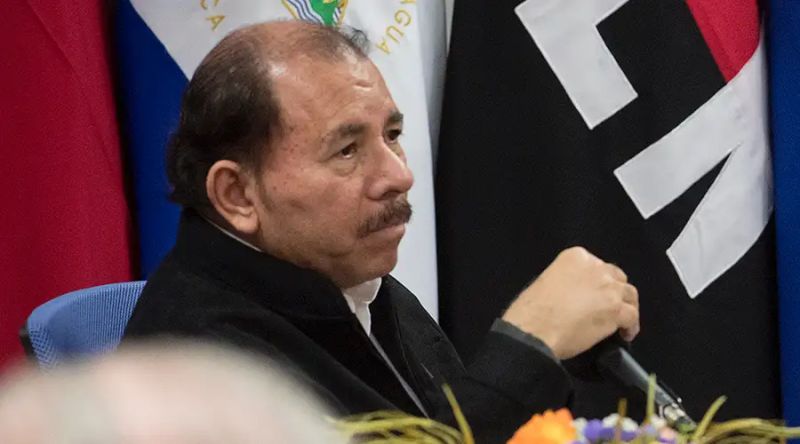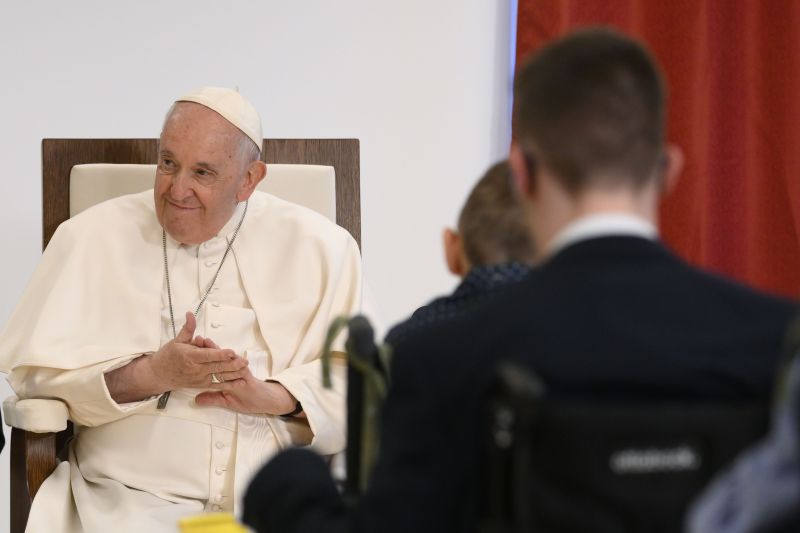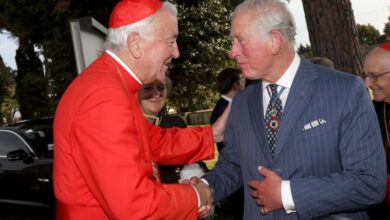Michigan attorney general releases fourth report on alleged abuse in state dioceses

 null / Credit: Diocese of Lansing, Michigan
null / Credit: Diocese of Lansing, Michigan CNA Staff, Dec 17, 2024 / 17:40 pm (CNA).
Michigan Attorney General Dana Nessel this week released the fourth report in a series of investigations the state is conducting into abuse by Catholic clergy there.
The attorney general’s report, released on Monday, looks at reported abuse in the Diocese of Lansing. Previous reports, released in 2022 and 2024, examined alleged abuse in the dioceses of Kalamazoo, Gaylord, and Marquette.
As with the earlier investigations, the Lansing report looks at allegations of abuse dating back decades. The report includes “allegations of sexual abuse and other sexual misconduct, including grooming and misuse of authority against minors and adults.”
The attorney general’s office lists a total of 56 clergy and religious in its report, including two bishops, with more than 150 abuse allegations identified in the investigation.
The majority of the individuals on the list, 37, are “known or presumed to be dead.” Of the remaining 19, just one — a deacon — is in “active ministry” in the Lansing Diocese, while three retired priests have “no restrictions on their ministry.”
The report says the “vast majority” of the alleged abuse occurred prior to 2002, the year the U.S. Conference of Catholic Bishops promulgated its “Charter for the Protection of Children and Young People.”
Numerous allegations involve the alleged abuse of minors, while others involve inappropriate conduct or abuse of adults. One allegation involves a 5-year-old child.
The attorney general’s office said the materials in the report were gathered from “[a] tip line, victim interviews, police investigations, open-source media, paper documents seized from the Diocese of Lansing, and the electronic documents found on the diocesan computers,” as well as “reports of allegations disclosed by the diocese.”
Nessel on Monday said the state government “made a promise to the survivors years ago” to produce the abuse reports and that the investigations serve the purpose of “sharing their stories and validating their experiences.”
The prosecutor’s office noted that prosecution of many of the allegations is barred by Michigan’s statute of limitations, though Nessel said that “criminal prosecutions are just one accountability metric.”
“Ensuring each victim is heard, regardless of how long ago the sexual abuse and misconduct may have been, is important in acknowledging their pain and fostering a culture that prioritizes these victims over their silence,” she said.
In a statement on Monday, the Diocese of Lansing noted that the attorney general’s report indicated that “the 1970s and ’80s were the peak decades for alleged instances of sexual misconduct” regarding clergy in the diocese.
“Over half” of the allegations, from 1950 until the present, occurred during those decades, the diocese said.
Lansing Bishop Earl Boyea said in the statement that his “heart breaks for all those who have suffered due to the evil of clerical sexual abuse.”
The bishop described the abuse as “a great betrayal of Jesus Christ, His Holy Church, the priesthood, and, most gravely, those victims — and their families — who were harmed physically, emotionally, but above all spiritually when they were so young.”
“To all those injured by such criminal and immoral actions I say clearly and without hesitation: these terrible things should never have happened to you; I am so deeply sorry that they ever did; please be assured of my prayers, penance, love, and support,” the prelate said.
Diocese of Lansing general counsel Will Bloomfield, meanwhile, said on Monday that since the 2002 charter, the diocese has been referring abuse allegations to law enforcement and removing clerics “credibly accused” of abusing minors.
The diocese mandates that “all allegations of grave clerical misconduct, including those involving adult victims, are professionally investigated and reviewed by a body of lay professionals called the Code of Conduct Advisory Council,” Bloomfield said.





